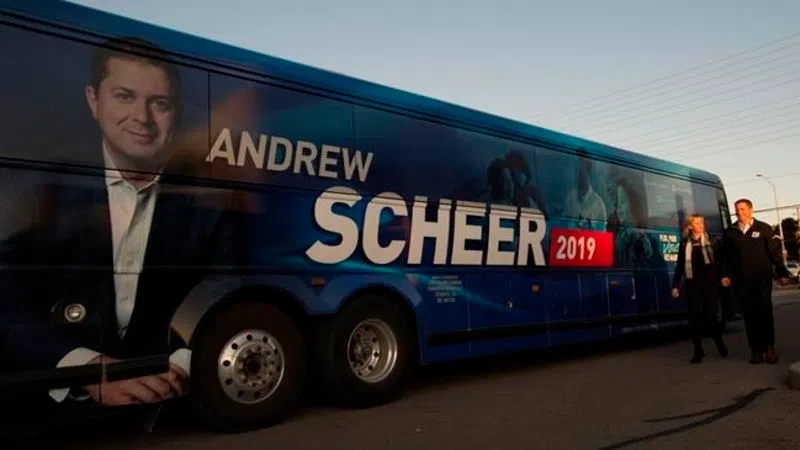
Bloc on the rise, along with calls for separation in Alberta
OTTAWA — Liberal Leader Justin Trudeau dismissed any notion that national unity is under threat Wednesday as he and other national leaders made efforts to beat back growing support for the Bloc Quebecois.
The Bloc was almost defunct 18 months ago, but under the leadership of former Quebec provincial politician Yves-Francois Blanchet, the party is making a significant comeback. Polls and seat projections suggest it might win 20 seats or more in Quebec, up from 10 in 2015 and just four in 2011.
Its resurgence is strong enough, and the expectation of a minority government emerging from the Oct. 21 federal election high enough, that Trudeau, Conservative Leader Andrew Scheer, and NDP Leader Jagmeet Singh are facing questions about whether they could work with the party that was formed to help create the conditions for Quebec to separate.
Dreams of outright separation, however, are faint. Blanchet and Quebec Premier Francois Legault, a former Parti Quebecois minister who now leads the less fervent Coalition Avenir Quebec, are more interested in promoting Quebec nationalism — letting Quebec chart its own course even in some areas of federal jurisdiction like immigration.


